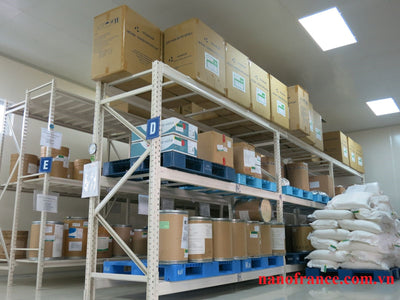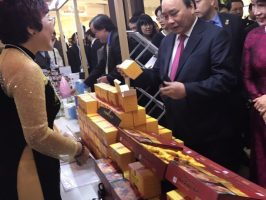SOFT DRINKS, ENERGY DRINKS – THE BEGINNING OF FUNCTIONAL DRINK
Beverages are an essential industry, currently booming not only in the Vietnamese market but also worldwide. Beverage products include carbonated soft drinks, tea, fruit juices, mineral water, energy drinks and alcoholic beverages such as beer. The diversity of brands, products, types... makes soft drinks and energy drinks become a daily need. And gradually become a habit of use and meet the preferences of consumers.
Based on the purpose of use, soft drinks can be divided into two main groups: regular soft drinks and energy drinks.
Classification of water groups
Regular soft drinks : the main purpose is to provide water and relieve the body's need to drink water (quench thirst).
Energy drinks : in addition to the purpose of quenching thirst, energy drinks have added ingredients that have the effect of increasing energy. At the same time, they increase the mental and physical alertness of the user.
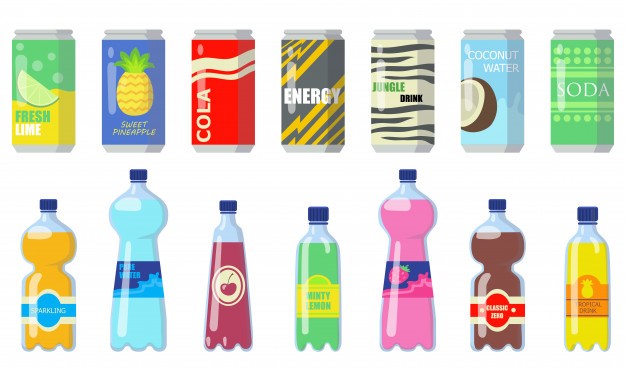
Beverage Classification
Regular soft drinks
The most popular soft drinks on the market today are carbonated water and fruit juices, or herbal extracts.
The main ingredients of this product group are purified water, sugar, stabilizers, colorants, CO2 .
Soft drinks are usually used to quench thirst and replenish water for the body. However, for products such as fruit juice, in addition to quenching thirst, they can also supplement a small amount of vitamins for the body (mainly vitamin C). Adding different ingredients to soft drinks enhances the senses and stimulates the taste buds. At the same time, it creates appeal and popularity for consumers.
Energy drink
Energy drinks are beverages that contain calories, caffeine combined with other energy-boosting ingredients such as taurine, herbal extracts, and B vitamins. They first appeared in Europe and Asia in the 1960s to meet consumer demand for a functional food that boosted energy.
Energy drinks contain bioactive ingredients that can stimulate the brain and other vital organs of consumers. These stimulating effects can be positive but can sometimes be detrimental to the health of consumers. Therefore, research on the ingredients and dosages of those ingredients added to energy drinks is necessary to ensure the health of consumers.
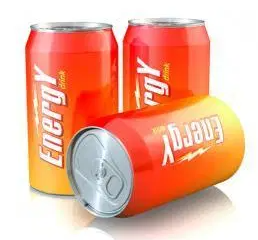
Energy drink
Main ingredients in energy drinks
Caffeine
Caffeine is a stimulant that increases alertness. This substance is found naturally in more than 63 plant species. Typical examples include coffee, tea, cocoa, etc.
Caffeine consumption can increase energy expenditure, improve mood, and increase alertness in users. Caffeine has also been shown to reduce some of the negative side effects associated with insomnia.
Taurine
Taurine (2-aminoethylsulfonic acid) is the most abundant amino acid found naturally in our bodies. This amino acid is mainly found in the retina, bone tissue, and heart muscle.
It is estimated that the average daily human intake of taurine is between 40 and 400 mg. The incorporation of taurine into energy drinks and other products has increased dramatically over the past 10 years.
Taurine has been shown to enhance endurance and help reduce lactic acid buildup after exercise.
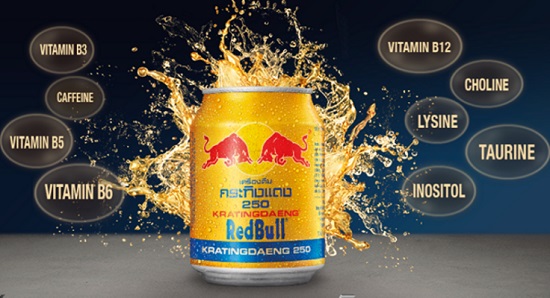
Ingredients in Energy Drinks
Guarana
Guarana is derived from the Paullinia cupana plant. Guarana seeds contain a large amount of caffeine, with 1g of guarana equivalent to about 40 mg of caffeine.
Guarana has become an increasingly popular natural additive in energy drinks in recent years due to its stimulant effects. Caffeine from guarana is released at a slower rate than pure caffeine. Guarana has been suggested to improve cognitive performance, mental fatigue, and mood at physiologically appropriate doses.
Ginseng
Ginseng is an herb known for its medicinal properties and ability to increase longevity. The entire ginseng plant has been used for medicinal purposes. However, the roots are the most prominent and dominate commercial sales. The roots are usually not harvested until after the fifth or sixth year of growth when their ginsenoside concentrations are at their highest.
Vitamin B
Vitamin B is a group of eight water-soluble vitamins. Vitamins play an essential role in cellular processes. Consuming large amounts of vitamin B increases mental alertness and concentration, as well as improving mood.
Ginkgo Biloba
Ginkgo Biloba helps maintain memory, concentration, circulation, and acts as an anti-depressant.
People who are taking antidepressants should not use ginkgo. If used in large amounts, there will be some side effects that affect health. Some symptoms include blood thinning, nausea, diarrhea, headache, dizziness, and rapid heartbeat.
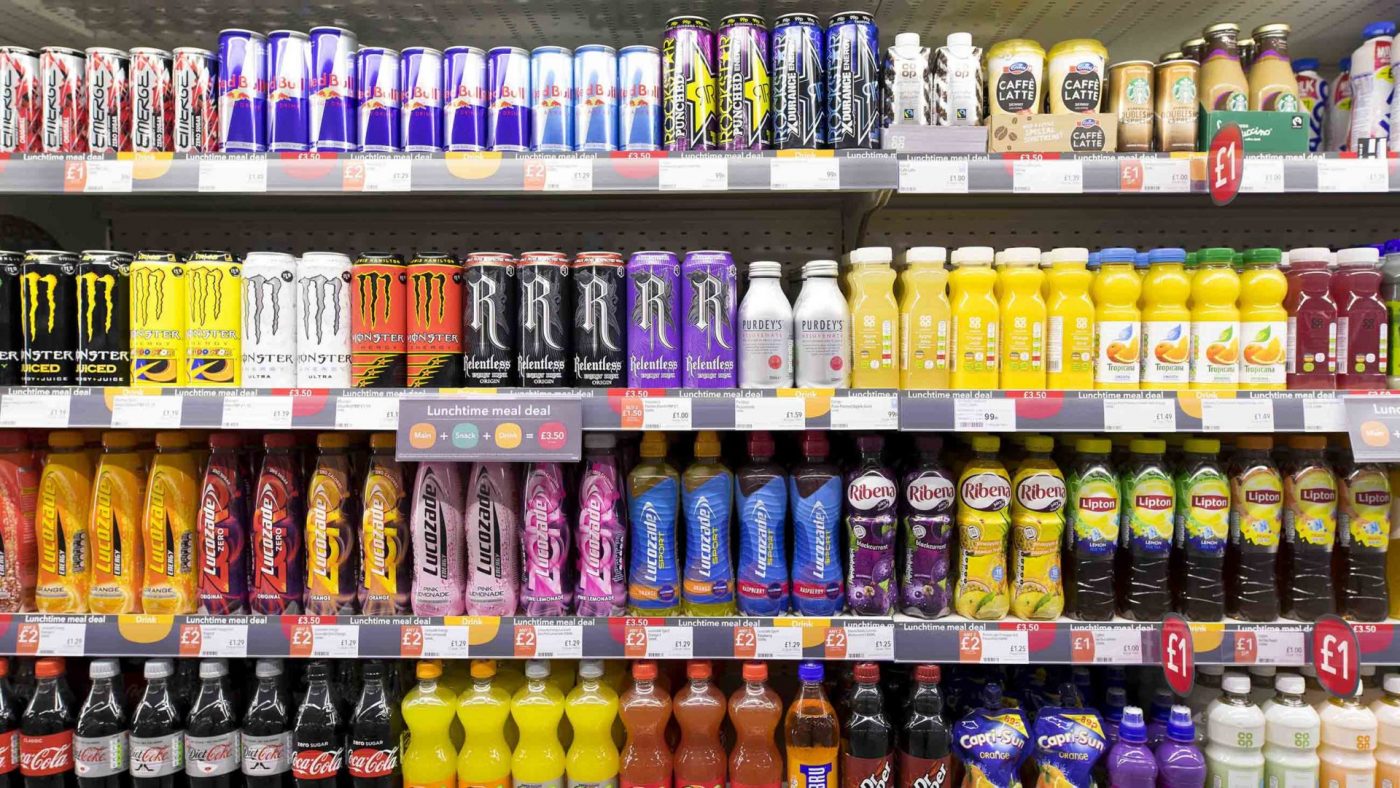
energy drinks, soft drinks
Some other ingredients
In addition to the above ingredients, some other active ingredients are added to energy drinks such as L-Carnitine, Creatine
L-Carnitine is an amino acid that is normally produced by the liver and kidneys. It helps boost metabolism and energy. This amino acid acts as a thermogenic, aiding in weight loss and increasing endurance during exercise.
Creatine provides energy to muscles
In recent years, the consumption of energy drinks has been increasing. These drinks are widely consumed by young people for many reasons.
However, from a public health perspective, it seems that consumers have little understanding of the health benefits and other effects of these drinks. Therefore, it is necessary to study and understand the effects of the ingredients in energy drinks. This can help consumers make decisions to use the products effectively. At the same time, it meets preferences, convenience and ensures a healthy body.


